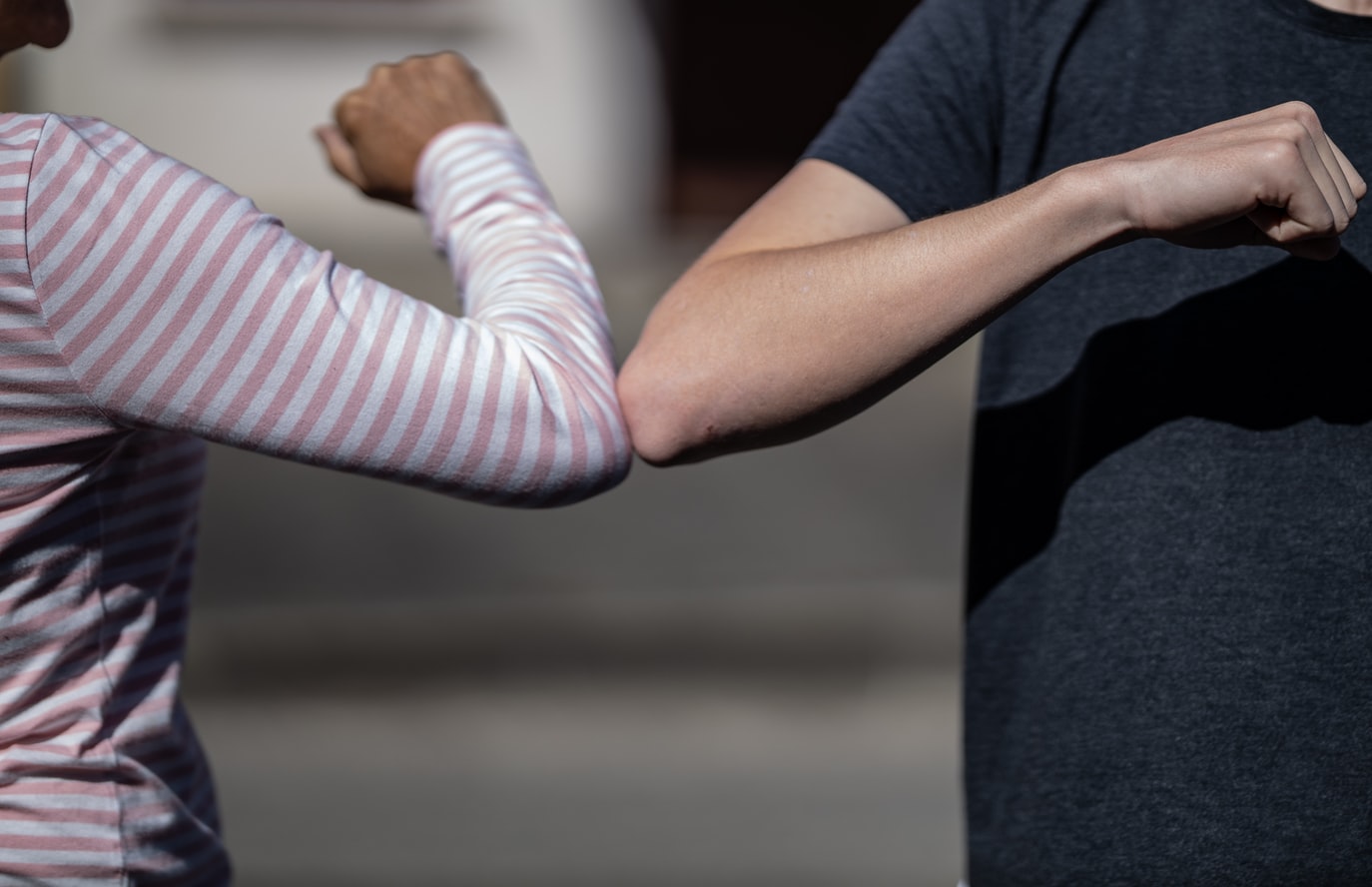
The global pandemic has provided the perfect cover for authoritarians to buttress systems of control and surveillance. Yet despite their efforts to further restrict freedom under the guise of public health, ordinary people living in closed and closing spaces are showing the strength of independent institutions by banding together to fight the pandemic with transparent, citizen-driven initiatives.
At the best of times, independent voices – civil society, academics, journalists and the like – play a critical role in creating a vibrant, sustainable society that thrives both economically and socially. By raising public awareness and finding solutions to community problems, independent civic actors are particularly important in times of crisis as well.
Individuals and organizations around the globe have proven to be essential allies to governments overwhelmed by COVID-19, whether through mobilizing support for medical supplies, raising awareness or ensuring information is transparent and accessible to support effective institutional responses to the virus.
As the bungled responses of authoritarian states have been exposed to public scrutiny, the illusion of stability coveted by autocrats is also being tested. In places such as Russia, where power derives from Putin’s popularity or China where the Party has singular authority, failure to address a large crisis undermines their thin veil of legitimacy.
In response, autocrats are expanding censorship and information suppression – even going so far as arresting and charging people for comments on Facebook. Independent journalists reporting on the virus face extrajudicial measures in place to silence them along with punishments under new or existing laws.
While autocrats have always monitored and surveilled citizens they consider as having a high-risk of dissent, we’re now seeing an increase in the use of SMART technologies to track all citizens using QR codes on phones and bracelets, doorbells, and facial recognition technologies to enforce quarantine measures. In countries without meaningful civil rights protections, there is every reason to believe that this expanded surveillance regime will remain in place beyond the immediate health emergency.
Authorities also continue to apply traditional means of force and cultivating fear and mistrust amongst citizens, this time on the supposed grounds of fighting the pandemic. For example, they are labeling political opposition national traitors and supporting doxing, the practice of publishing the personal contact information of people suspected of violating health regulations.
Undeterred by these challenges, activists, civil society organizations (CSOs) and even the private sector in closed spaces are leveraging their skills to mobilize resources and disseminate information critical to the well-being of vulnerable communities. Civil society groups in Nicaragua are pushing the government to implement preventative techniques, while Venezuelan CSO leaders have found creative ways to raise awareness on measures to flatten the curve and protect the most vulnerable members of society. In China and Russia, activists have developed alliances to coordinate medical supply drives and raise awareness about the virus.
As autocrats and dictators ramp up censorship efforts and the dangerous impacts of information suppression are felt, independent voices and opposition leaders may well be building popular support thanks to their efforts. From Asia to Latin America and the Caribbean, mounting frustration with governments’ mismanagement of COVID-19 has fed into dissatisfaction with other failures, such as food shortages in Cuba (see also here) and air pollution in Thailand. It’s also spurred anger over cover-ups, most notably the death of Dr. Li Wenliang in China, fueling protests both online and off, to which the government was forced to respond (albeit superficially rather than addressing critical systemic failings).
With the rapid shift from offline, in-person engagement to digital forms of communication, closed society activists can also teach civic leaders how to conduct safe and innovative online activities. In fact, operating remotely in more decentralized ways is a strategy increasingly employed by activists in closed spaces. Sharing techniques for fostering and sustaining relationships amongst disparate actors is another technique that can be learned from groups in closed societies. As IRI continues to support their leaders in maximizing the efficacy of their fight for transparency, accountability and freedom, we look forward to equipping these organizations and civic actors with the tools they need to adapt their work to the current public health crisis and beyond.
Top